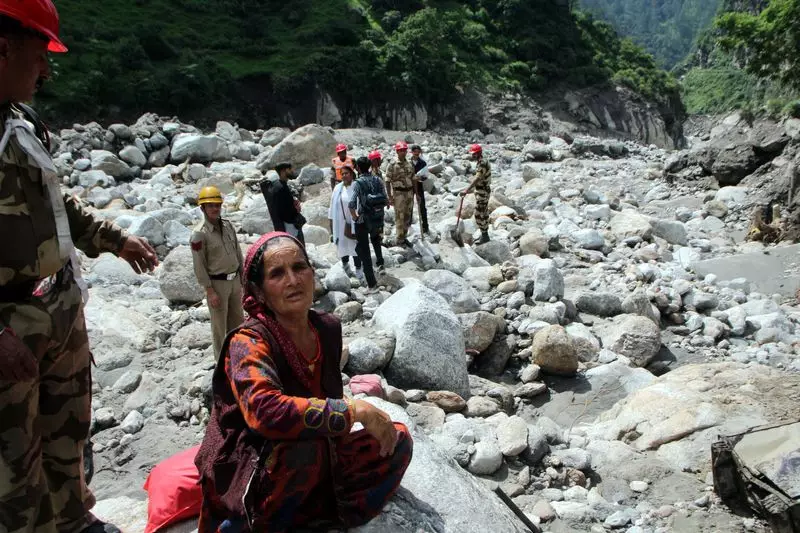
In the picturesque hills of Himachal Pradesh, where mental healthcare facilities remain scarce, communities are discovering that the most powerful healing often comes from within their own social fabric. With professional psychological services concentrated in major urban centers, rural residents are turning to an age-old remedy: human connection.
The Stark Reality of Mental Healthcare Access
Himachal Pradesh faces a significant shortage of mental health professionals, with services primarily available in larger cities like Shimla. This leaves vast rural populations with limited access to psychiatric care, counseling, or therapy services. The geographical challenges of mountainous terrain further complicate healthcare delivery, making traditional clinical approaches insufficient for addressing the state's mental wellbeing needs.
Community as First Responder
In response to this healthcare gap, communities across Himachal are developing innovative support systems. Neighbors check on each other regularly, family networks provide emotional safety nets, and village elders offer counsel during difficult times. These organic support structures serve as the first line of defense against mental health challenges.
Traditional Healing Meets Modern Understanding
Many communities are blending traditional healing practices with contemporary mental health awareness. Local gatherings, religious ceremonies, and cultural events have become platforms for emotional expression and support. The stigma surrounding mental health issues is gradually diminishing as more people openly discuss psychological wellbeing in these familiar settings.
The Power of Collective Resilience
Research indicates that strong community bonds can significantly impact mental health outcomes. Social connections reduce feelings of isolation, provide practical support during crises, and create environments where individuals feel safe discussing their struggles. In Himachal's close-knit communities, this collective resilience is proving to be a vital mental health resource.
Moving Forward: Integrating Approaches
While community support cannot replace professional mental healthcare, it serves as a crucial complementary system. Mental health advocates suggest that formal healthcare programs should incorporate community-based approaches, training local volunteers in basic psychological first aid while maintaining referral pathways to professional services when needed.
The Himachal experience demonstrates that even in resource-limited settings, mental wellbeing can be nurtured through strengthened social connections, proving that sometimes, the best medicine isn't found in clinics but in the caring relationships between neighbors.





